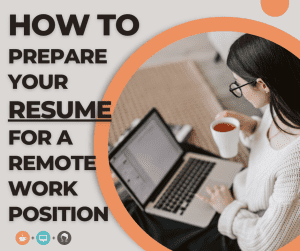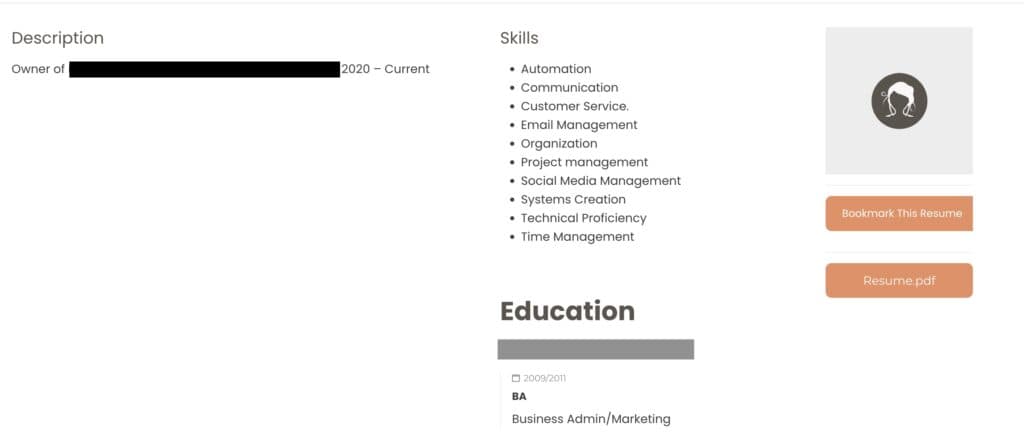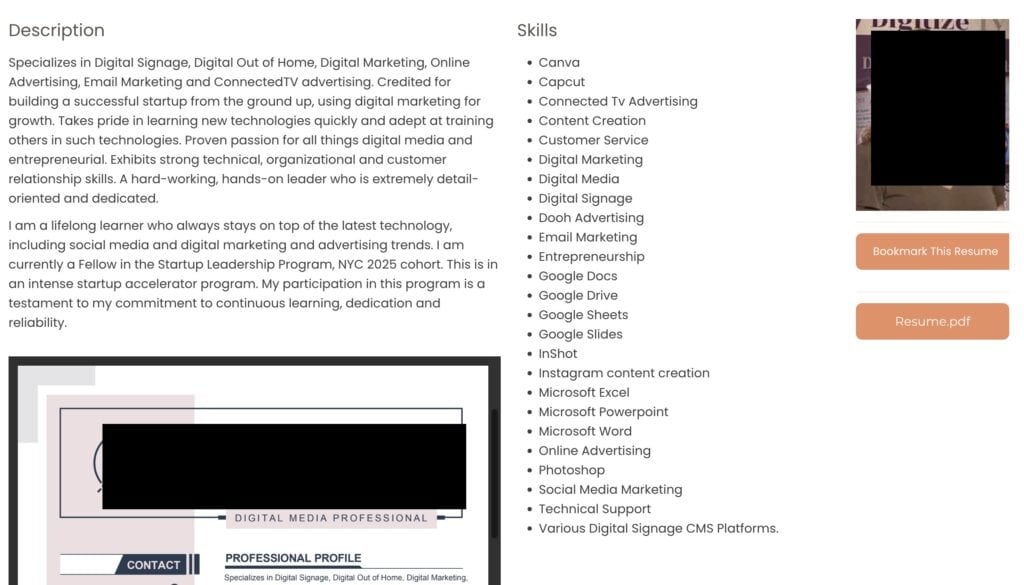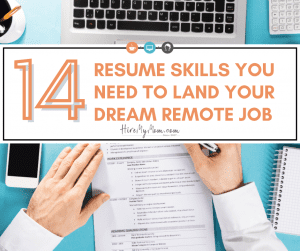Top Hard Skills for Remote Job Descriptions and Resumes
As the remote job market continues to expand, it is increasingly important for employers and job seekers alike to be aware of the hard skills necessary for success in this growing field. To ensure that a remote position is filled with an experienced and qualified individual, employers need to know which hard skills to ask for in a job description. On the other hand, job seekers should have an understanding of what hard skills they need to include on their resumes to demonstrate their capabilities.
Why Hard Skills are Important in Remote Positions
In remote positions, where the physical presence and direct supervision of employees may not be possible, hard skills become even more critical. Hard skills refer to the technical abilities and expertise required to perform specific tasks or roles effectively. These skills are tangible and measurable, providing employers with a clear understanding of an applicant’s capabilities. One of the primary reasons hard skills are important in remote positions is the level of independence and self-direction required in such roles. Remote employees often have to work autonomously and handle various responsibilities without constant guidance. Having the necessary hard skills ensures that they can tackle the job effectively and deliver results without constant supervision.
Additionally, remote work often involves collaboration and communication across different time zones and locations. Strong hard skills in areas such as project management, technical proficiency, and data analysis can help bridge any potential gaps in communication and ensure efficient and effective teamwork. Moreover, employers hiring for remote positions typically have a specific set of requirements that need to be fulfilled due to the unique nature of remote work. Including hard skills in the job description and on applicants’ resumes helps employers find candidates who possess the necessary qualifications to excel in a remote environment.
Key Differences Between Remote Job Descriptions and Traditional Job Descriptions
Remote job descriptions tend to emphasize the importance of self-discipline and self-motivation, as remote workers typically have less oversight than those in traditional office settings. Additionally, remote job descriptions often mention the need for strong communication skills, since remote work often relies on effective communication via video calls, instant messaging, and email.
Remote job descriptions may also include language around the need for technical skills, such as proficiency in certain software or hardware that remote workers are likely to use. Finally, remote job descriptions may focus more heavily on an applicant’s ability to work independently and to meet deadlines, as remote work often requires more self-direction and self-management than traditional office positions.
In contrast, traditional job descriptions may place more emphasis on skills such as collaboration, team building, and leadership, as these are typically more important in office settings where employees work in close proximity to one another.
Top Hard Skills to Include in Remote Job Descriptions
- Technical proficiency: Be sure to specify the technical proficiencies that are required for the role, such as experience with certain programs or systems.
- Time management: Seek out applicants who have a strong track record of managing their time effectively and delivering work on schedule.
- Communication: Be sure to look for applicants who are able to articulate their ideas clearly and work collaboratively with others via online channels.
- Problem-solving: Remote workers must be able to troubleshoot technical issues, identify roadblocks, and come up with creative solutions to keep projects moving forward. Look for candidates who have a history of proactive problem-solving in their previous roles.
Need some help creating the perfect job post? Take a look at our Small Business Concierge Services!
How to Highlight Hard Skills on Your Resume for Remote Positions
- Use bullet points: List out your hard skills, such as software proficiency, language fluency, or project management experience. This makes it easier for recruiters to quickly scan your resume and see your relevant skills.
- Quantify your accomplishments: When highlighting your hard skills, include specific examples of how you’ve used them in previous positions. For example, if you’re proficient in a specific software program, mention how you used it to improve a process or increase efficiency.
- Tailor your resume: Each remote job may have slightly different requirements for hard skills, so tailor your resume accordingly.
- Use keywords: Use relevant keywords throughout your resume, especially in the skills section, to make it easier for recruiters to find your resume during the screening process.
Need some help drafting a resume that shows off your skills? Our resume training services can help!
What hard skills are you noticing that are needed more in a remote workplace versus traditional? Reach out and let us know!








